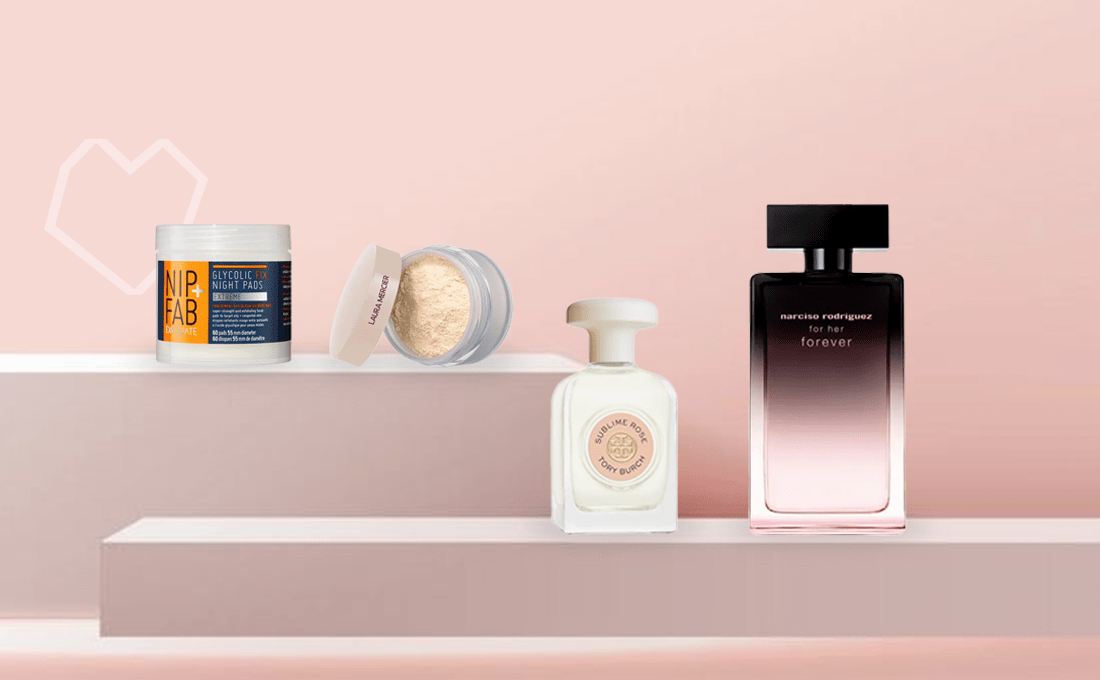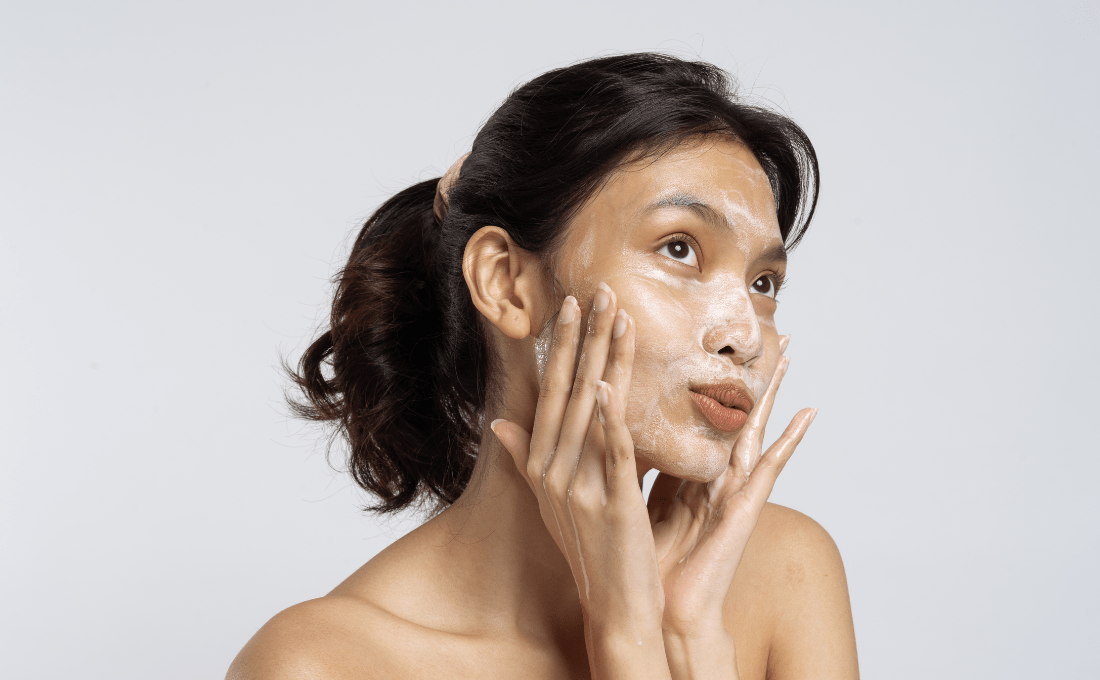

What Is The Hype Behind Skin Barrier Protection?
Let’s collectively admit that over the last few years everyone has gone a tad overboard, especially when it came to skincare routines. Between multiple steps, exfoliating acids, and potent active ingredients, the skin was exposed to a lot more than it could handle, often leading to irritation, inflammation, and damage, also known as a compromised skin barrier. While not new to the skincare world, the spotlight on skin barrier is brighter than ever. Skin longevity being one of the biggest skincare trends in 2024, it’s no surprise that people are choosing health over perfection, making skin barrier repair and protection important, even now. So, what is the big deal behind it? Here’s everything you need to know about your skin barrier.
What Is Your Skin Barrier?
Your skin is made up of several layers—the epidermis (outermost layer), the dermis (middle layer), and the subcutaneous fat (a layer between your skin and muscle). Your skin barrier focuses on the top most layer known as the stratum corneum. Think of this layer as the brick and cement that hold your skin cells together. It shields your skin from bacteria, fungus, and other such viruses. It is also the layer of your skin that contains melanin and protects it from UV damage. In short, your skin barrier is the bodyguard that is supposed to keep out the bad and lock in the good.
So what’s the fuss about? Well, your skin barrier protects—it protects your skin from external aggressors like pollution, dirt, grime, chemicals, UV radiation from getting into the layers. While doing so, it also prevents the natural moisture from your skin from escaping and resulting in transepidermal water loss. Lack of moisture and hydration can often disrupt the overall maintenance of the skin, which further increases its vulnerability towards environmental damage. A healthy skin barrier is often one that is hydrated and nourished, which is what leads to that natural ‘glow’ everyone is on the quest for.


The Damage
There are many factors that can result in a compromised skin barrier. While environmental factors play a huge role in lending a hand towards that damage, overexposure to skincare products, active ingredients, and over exfoliation, can often strip the skin off its natural barrier resulting in the same. Even lifestyle factors like smoking, stress, poor sleep, can play a role in compromising it further.
Signs You Have A Damaged Skin Barrier: how to tell if your skin barrier is damaged?
#1: Skin irritation and inflammation like redness
#2: Extreme dehydration
#3: Dullness
#4: Skin conditions like rosacea, eczema, and psoriasis
#5: Discolouration
#6: Acne breakouts
#7: Increased sensitivity
#8: Increase in bacterial, viral, or fungal skin infections
How To Restore & Protect Your Skin Barrier?
The good news? It’s reversible! Your skincare routine needs to shift focus on nourishing and restoring your skin barrier, while protecting it from further damage. Here’s how!
#1: Start By Downsizing Your Routine
First things first, your skincare routine needs to be as minimal as possible. Focus only on the necessary, and cut out on anything that can strip off your skin from its natural moisture. This means one needs to avoid heavy exfoliants and other harsh ingredients that can leave your skin feeling bare and compromised. Centre your routine around boosting your skin’s moisture levels, so other than opting for healing and nourishing ingredients consider using gentler formulations too.
#2: Gentle Is Key
When selecting a cleanser, make sure that the formula is gentle yet effective. A strong and harsh cleanser can often strip the skin off its natural oils and ceramides that hold your skin cells together. This often results in damaged skin barrier, leaving your skin feeling tight, dry, and undernourished. Opt for a gentle cleanser that’ll help remove traces of makeup, dirt, and grime, while moisturising the skin. You can even try double-cleansing – start with a micellar water or a cleansing oil, before using your gentle cleanser.
Minus 417 Re Define Micellar And Mineral Cleanser And Makeup Remover
Sisley Lyslait Cleansing Milk With White Lily
#3: Focus On Ceramides
Opt for skincare formulations that contain ceramides. Ceramides are waxy lipids that are naturally present in your stratum corneum. These lipids are essential to the functioning of your skin barrier, and that is why replenishing them topically is important when boosting your skin barrier’s health. Ceramides help with itchiness, dryness, and flakiness, and help strengthen your skin’s outermost layer. This ingredient also works well with acne-prone skin, and helps calm down redness.
Shiseido Ultimune Power Infusing Concentrate
#4: Opt For Hydrating Moisturisers
Include moisturisers that contain humectants and emollients. Humectants help boost your skin’s moisture levels from within and also draws moisture from its environment into the layers of your skin. On the other hand, emollients help soften and nourish the skin, which helps heal any damage in the process. Ingredients like hyaluronic acid and glycerin are great examples of humectants, while ingredients like plant oils, cocoa and shea butter are good emollients.
Valmont Moisturizing With A Cream
Christian Breton HYALURONIC ACID + ARGAN CREAM
#5: Check In
When your skin barrier is compromised, the chances of irritation are very high. That is why it is important to check in with your skin and fix any sort of irritation before diving back into your stronger ingredients. Avoid using exfoliating acids during this period, especially if your skin is feeling extremely sensitive and opt for a soothing serum or moisturiser. The longer you wait for your skin to heal, the better it will respond to your skincare products in the future.




